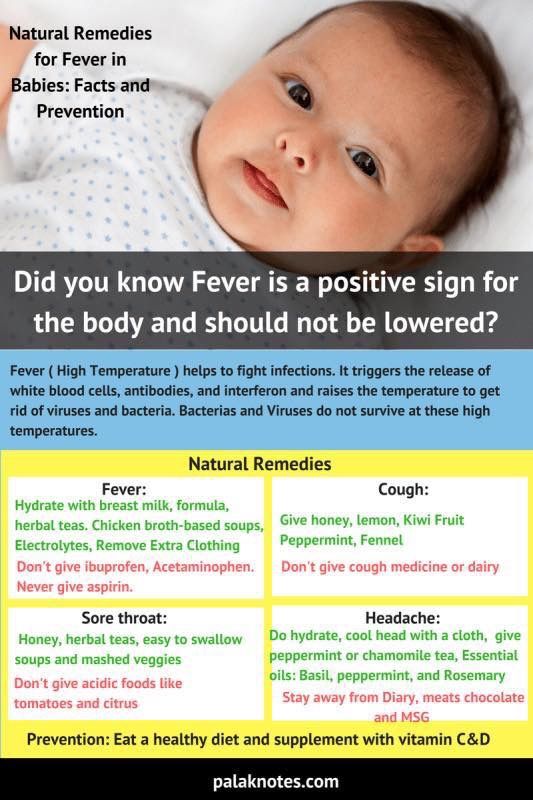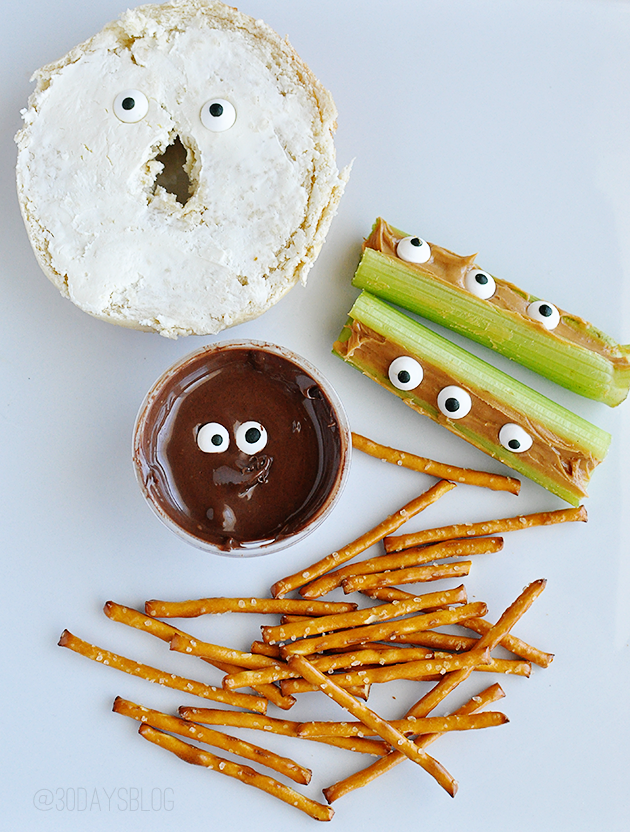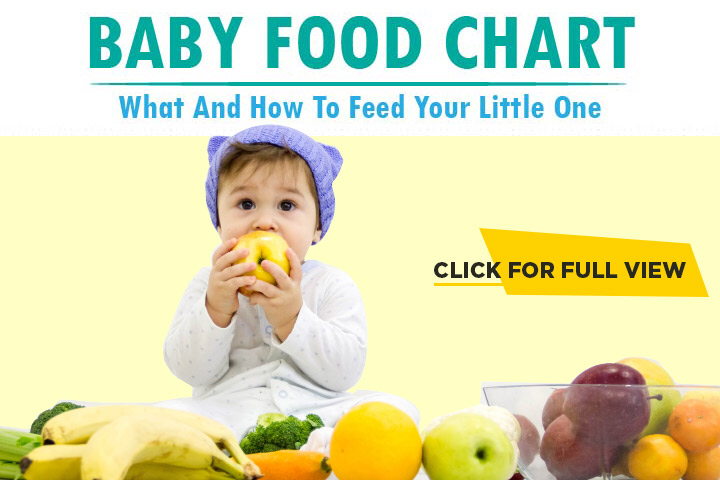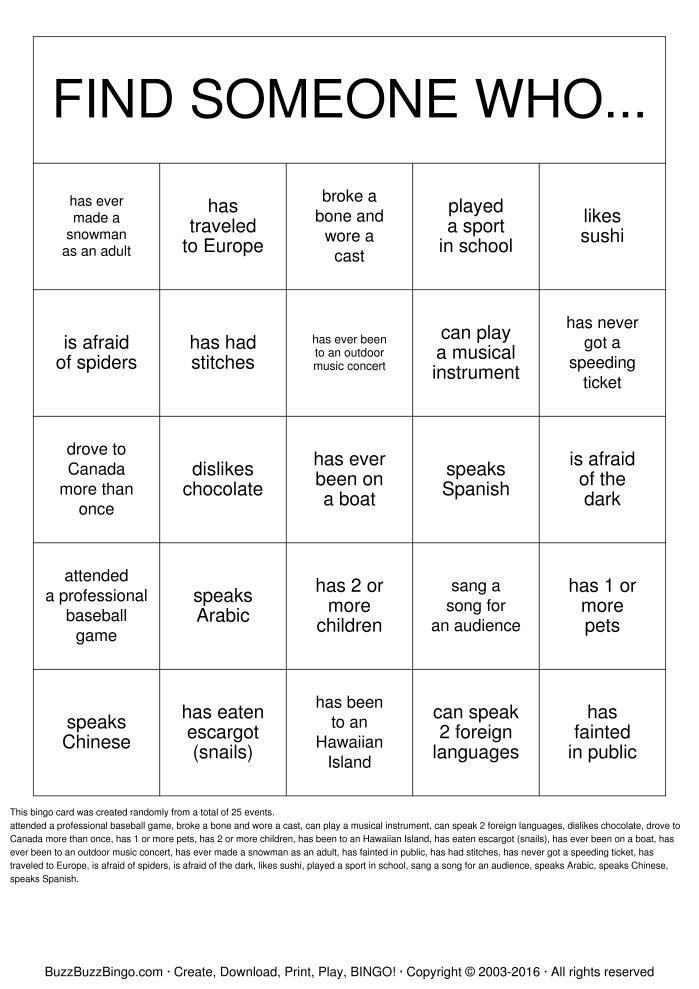Why do babies squirm when feeding
Why Does My Baby Squirm While Breastfeeding?
When expectant mothers consider breastfeeding their child, they rarely picture a baby moving and writhing in their arms. Many new mothers may be unaware that, while breastfeeding is natural, it is not always simple.
Photographs of nursing mothers can be misleading since they frequently portray a happy infant contentedly feeding. In actuality, babies do not often sleep peacefully in your arms when breastfeeding, and it can be difficult to keep them motionless throughout a feed.
Breastfeeding can be a surprise for many first-time mothers. There are numerous hurdles for nursing mothers and their newborns to conquer, one of which is how to help your baby quit wiggling and wriggling while being fed.
If you’re a new mom, you might be wondering why your baby squirms during nursing. Don’t worry, we’ve looked into why this might be happening in this article.
My Baby Is Behaving Insanely While Breastfeeding!
If you’ve ever felt like your kid is acting nuts while you’re breastfeeding, know that you’re not alone.
Strange behaviour when breastfeeding is more common than you may believe. In fact, if you have a mom friend whose baby constantly stays still when breastfeeding, she is quite fortunate.
There are several reasons why your baby may be wiggling, wriggling, and fussing during feeds, and this behaviour is fairly common.
Let’s look at some of the reasons why babies wiggle and “act a little wild” during nursing.
Why is my baby squirming so much during nursing?
There are a variety of reasons why your baby may be squirming and fussing when nursing. While this is a typical occurrence, it should not be overlooked because it is usually your baby’s way of indicating that something isn’t quite right. The following are the most typical causes of baby squirming while nursing:
1. Your letdown is too quick.
Your baby will suckle quickly at the start of a feed to stimulate your body to release oxytocin and let your milk down. When your breastmilk begins to flow at the start of the feed, this is referred to as a letdown.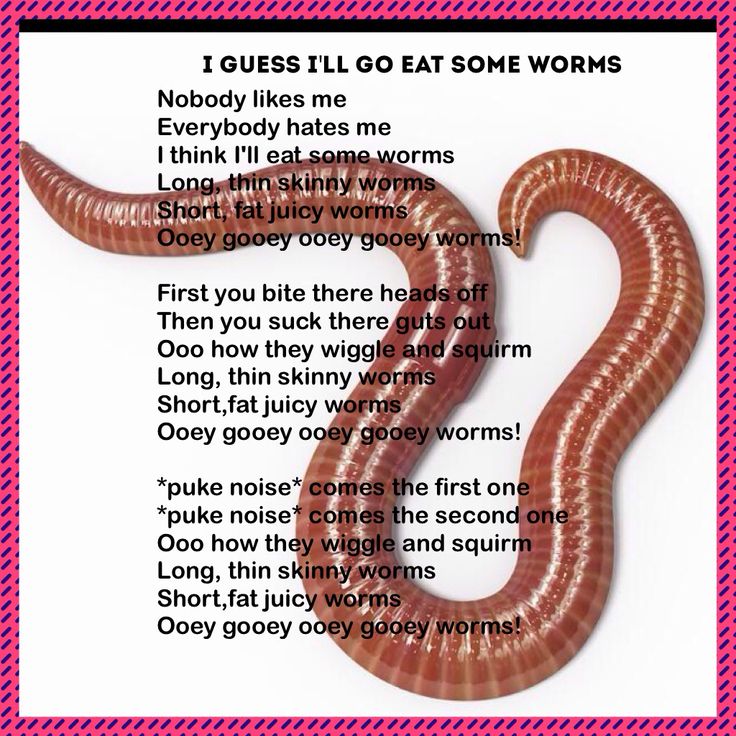
This milk normally comes out faster than the rest of the milk, but it can occasionally be too fast for babies to handle. If you have a strong letdown, your milk can enter your baby’s mouth rapidly and powerfully.
It may be difficult for your baby to take the milk quickly enough, causing them to fidget and fuss at your breast. If the flow is excessively swift and forceful, a heavy letdown might cause your baby to cough and choke.
2. Your slowdown is excessive.
Some nursing mothers experience the opposite problem: their milk does not begin to flow quickly enough. If your milk isn’t flowing quickly enough, your baby will twitch and squirm at the start of the feed.
They may become frustrated because they are sucking but the milk is not flowing; this is when they will whine and wriggle. A hungry baby does not want to wait for food, and if your letdown is slow, they may fidget and wiggle to let you know they are unhappy!
3. Your latch or location has to be adjusted.

A healthy latch is essential for your baby to acquire enough milk during a feed and for moms to feel comfortable when nursing.
If your baby is not properly latched on, he or she will not receive the same amount of milk from the breast as a properly latched infant. Your baby may begin to fuss since they aren’t enjoying the feed and aren’t getting enough milk from the breast.
Furthermore, your baby may become uncomfortable in certain positions and may begin to move around to suggest to you that they wish to be placed in a different position.
4. They are overly hungry
Even if you are already nursing your baby, they may be fussing because they are hungry.
If your baby hasn’t been fed in a while and is famished when you breastfeed them, they may appear frantic at the start of the feed until their need is filled.
When babies are particularly hungry, latching them on might be challenging because they flail their arms and legs about, arch their back, and move their head from side to side.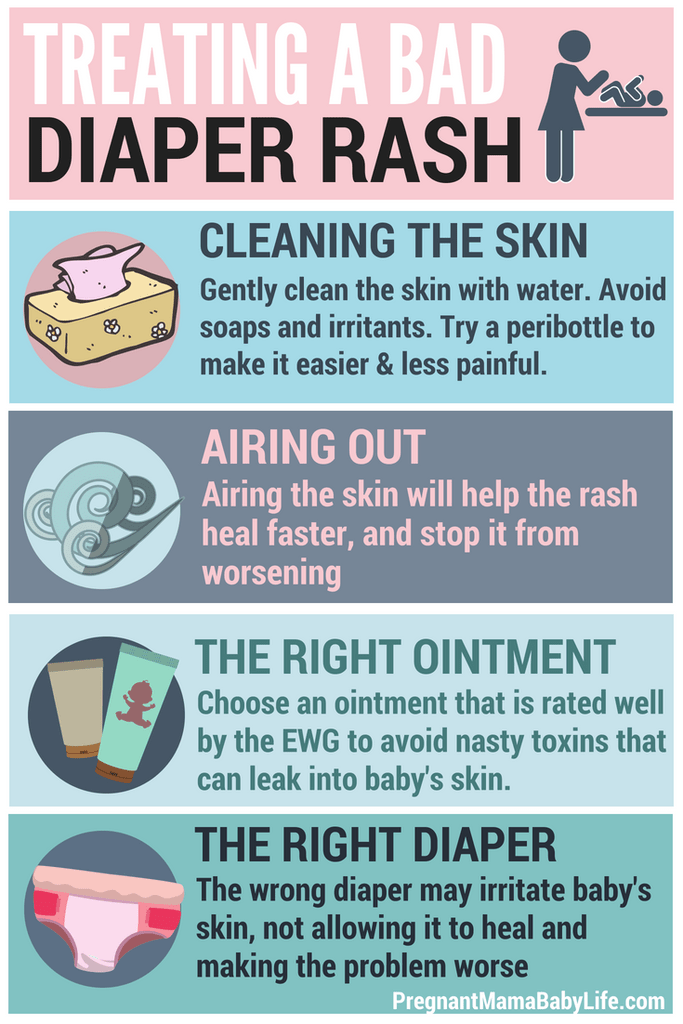
This usually occurs when your baby becomes overly angry and hungry, and once they have calmed down and their tummy begins to fill with milk, their squirming should subside.
5. They are all full.
On the other end of the spectrum, your baby may begin wriggling when nursing because they are full. If your baby’s appetite has been filled, he or she may begin squirming to indicate that it is time to cease feeding.
Nursing mothers become accustomed to their infant’s feeding patterns, and if their baby begins nursing for shorter periods of time, they may become concerned and attempt to latch them back on.
Squirming can occur at this point because your baby may be less hungry than others and will wriggle and complain if you try to give them more when they are already full.
6. They are experiencing stomach problems.
If your baby is constipated or has colic, he or she may wriggle during feedings due to an upset stomach. Colic can be painful for babies, and feeding might aggravate their agony if their stomach is inflamed.
Trapped gas can also make nursing difficult, causing infants to squirm and wiggle.
Also, the rule about avoiding using the restroom while eating does not apply to babies! Your child may be wriggling at the breast as they try to fill their diaper.
7. They are ill or have a medical problem.
Your baby may be wiggling when breastfeeding because they are poorly and do not want to feed, just as adults do not always feel like eating when they are ill. Your infant could be suffering from an ear infection or a fever, for example.
If your baby is wiggling when nursing and appears ill, take them to the doctor. If your child has been squirming during feeds due to illness, the fussing should stop once they are feeling better.
8. They are inquisitive and exploratory.
Your kid will begin to investigate the world around them as they grow. As your baby grows more attentive and curious, he or she may start wriggling and moving around a lot while nursing.
Your baby is simply attempting to see more or to experiment with various bodily motions.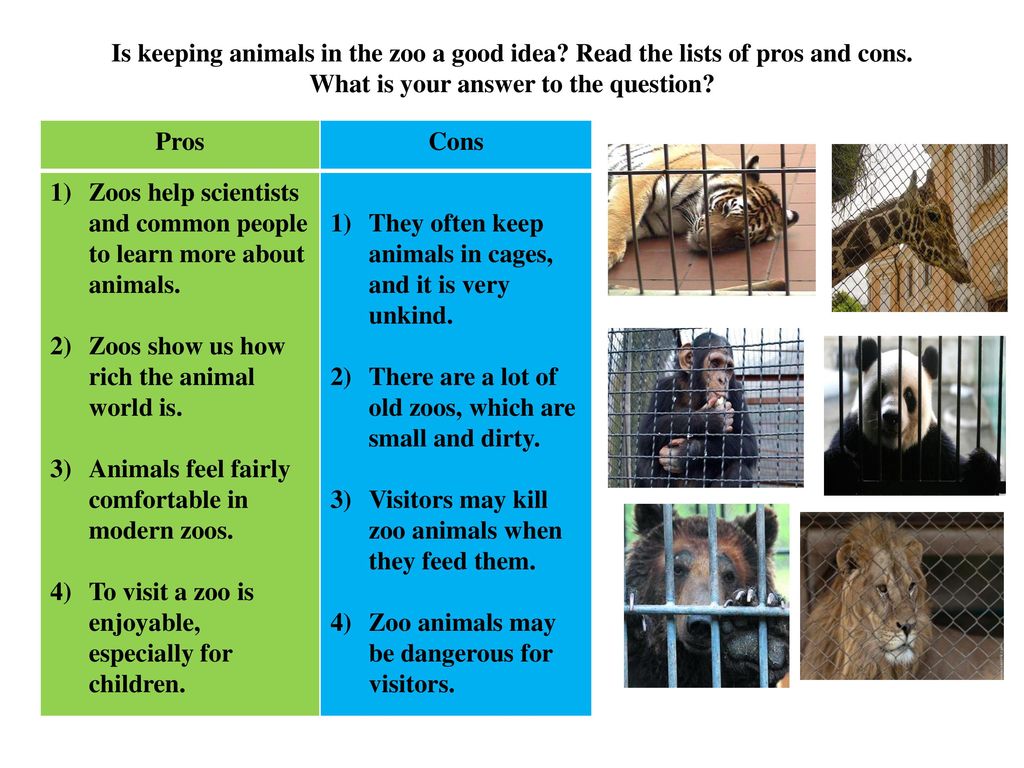 Older babies and nursing toddlers will occasionally try to continue playing or toddling while nursing!
Older babies and nursing toddlers will occasionally try to continue playing or toddling while nursing!
9. They’re teething.
Teething may be excruciatingly painful for babies, and feeding can sometimes exacerbate the pain.
Teething can cause your baby’s gums to become irritated and inflamed, and because your baby must use their mouth to feed, they may find nursing painful, causing them to wiggle and fuss.
Babies can begin teething at any age, but if your baby is also exhibiting other teething symptoms, their squirmy feeds could be the consequence of those fresh new teeth beginning to emerge.
10. They’re after the other breast.
Some newborns are picky and prefer to feed from only one breast. If you’re trying to nurse your baby on one side and they’re twisting and squirming, it could be because they’re not feeding on their preferred side.
Also, wriggling near the end of a feed may indicate that your baby has finished on that side and wants to nurse from the opposite breast.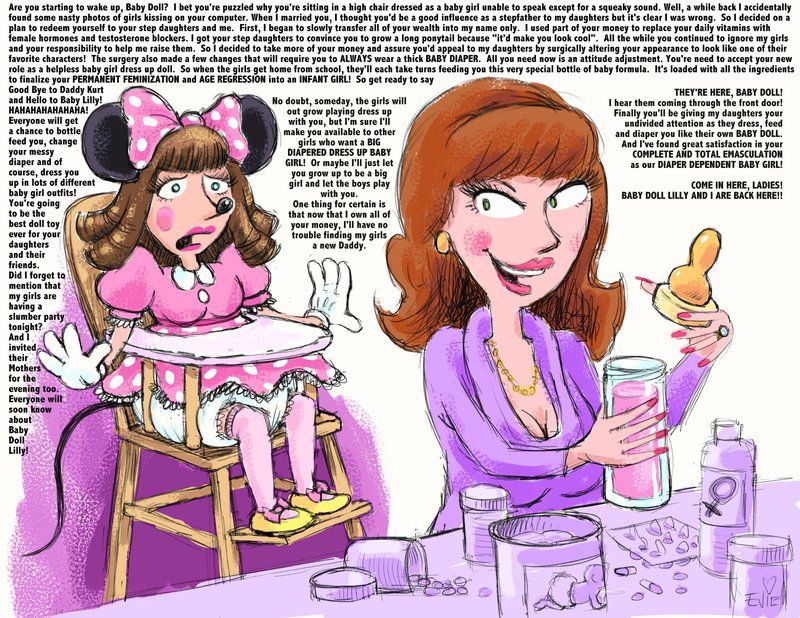
How Do I Stop My Baby Squirming While Breastfeeding?
The first step in preventing your infant from wriggling when nursing is determining what is causing the problem.
It will be easier to find the ideal remedy if you can figure out why your kid is wiggling during breastfeeds. Here are some methods you can attempt to prevent your baby from wriggling when nursing:
1. Before feeding, express milk.
Pumping or hand expressing until the forceful letdown is over can assist make nursing simpler and more comfortable for your infant if your letdown is too fast.
You can save the milk in the freezer or refrigerator to give to your baby later. Pumping or hand expressing may also aid babies who are wiggling due to a sluggish letdown.
Hand expresses or pump before latching on your infant to get the milk flowing so they don’t grow impatient and weary attempting to initiate your letdown.
It is, however, always preferable to obtain professional counsel from a lactation specialist because pumping too much or too little can affect your milk production.
2. Reposition and re-latch the device
Squirming can be caused by a weak latch and an uncomfortable position. If your baby wriggles while feeding, take them off the breast, switch their position, and latch them back on.
Check and double-check their latch, and perhaps they will stop crying and moving so much once they are more comfortable and eating efficiently.
3. Go to the doctor
If you are concerned that your child’s wriggling when nursing is caused by poor health or illness, take them to their doctor.
Infections and fevers might cause your baby to complain while breastfeeding, and the wriggling will stop once your baby has been treated for their ailment.
4. Face-to-face
Because they are overly agitated and upset, your baby may squirm during feedings. Holding your baby skin to skin can help regulate their temperature, keep their heart rate consistent, and soothe them down.
Regular skin-to-skin contact can help your baby feel safe and calm in your arms, which will hopefully lead to more tranquil and content nursing sessions.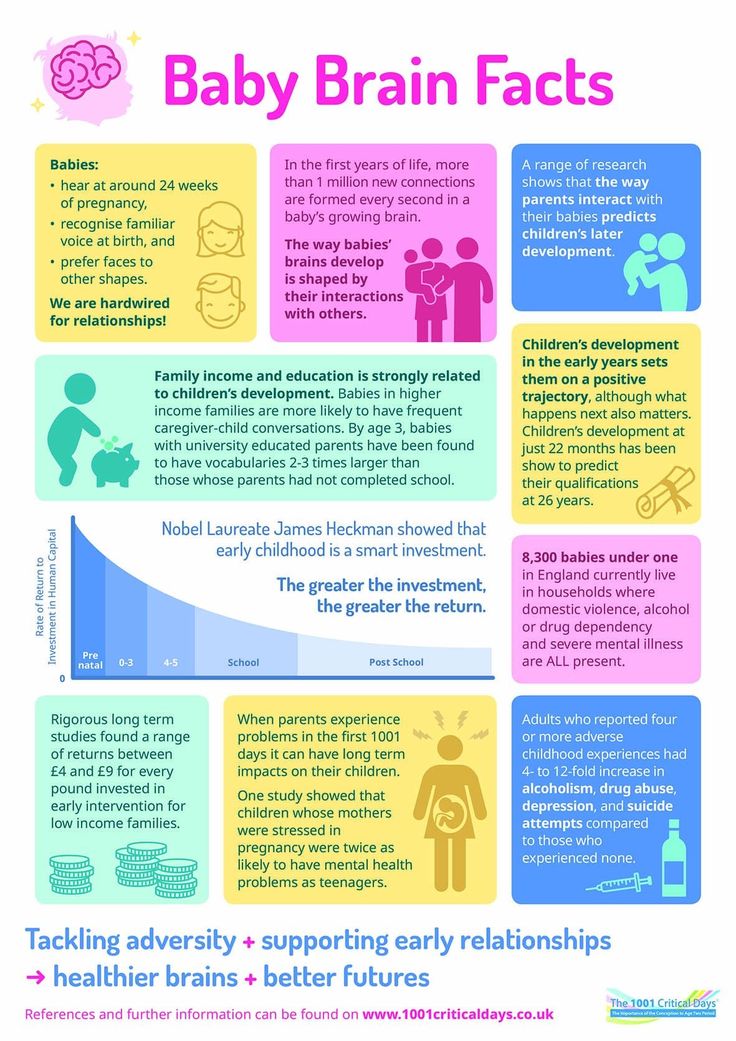
5. Burp your child
It is a common misconception that breastfed babies do not require burping. Nursing newborns can still swallow air bubbles on occasion, especially if they have recently eaten, resulting in unpleasant trapped wind.
Burp your baby frequently after and between meals; this should help lessen belly pain and wriggling the next time you nurse them.
6. Remove all sources of distraction.
Because they are interested in everything going on around them, older babies often move around a lot while nursing. There are several things that can distract your baby when nursing, such as your television show, their sibling playing, or the dog barking.
If your baby wriggles during feeds because they are nosy, consider nursing them in a distraction-free room. Dimming the lights and turning off the television may be all that is required to keep your baby from fidgeting when nursing.
7. Avoid bottles as much as possible.
It is entirely up to you whether or not to introduce a bottle to your kid.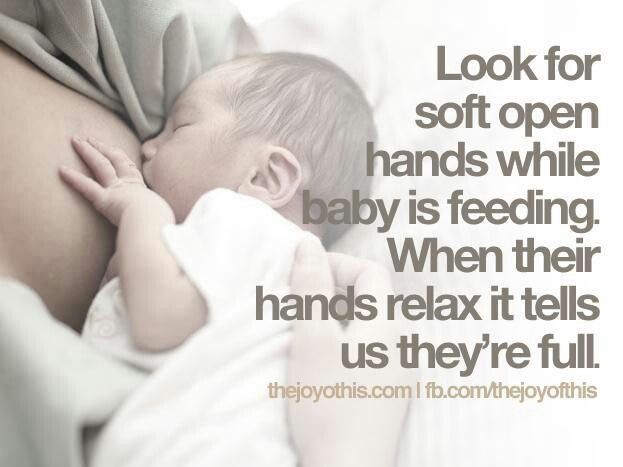 However, if possible, wait until breastfeeding is established and both you and your baby are confident in your nursing skills.
However, if possible, wait until breastfeeding is established and both you and your baby are confident in your nursing skills.
Babies do not have to exert much effort when feeding from a bottle because the milk comes out quickly when your baby sucks on the plastic nipple, as opposed to nursing, where your baby has to work to get the milk to let down.
If your baby is used to the flow of a bottle, he or she may fidget while breastfeeding because the milk isn’t coming out as quickly.
8. Establish a feeding schedule.
Breastfed babies are notoriously difficult to keep to a feeding schedule. However, it is a good idea to try to establish a loose feeding regimen so you know when your baby will be hungry.
If your baby squirms while nursing because they are impatient and hungry, you might potentially eliminate the problem by offering them a feed before they reach this stage.
9. Make use of a soother
Babies will occasionally utilize their mother as a human pacifier.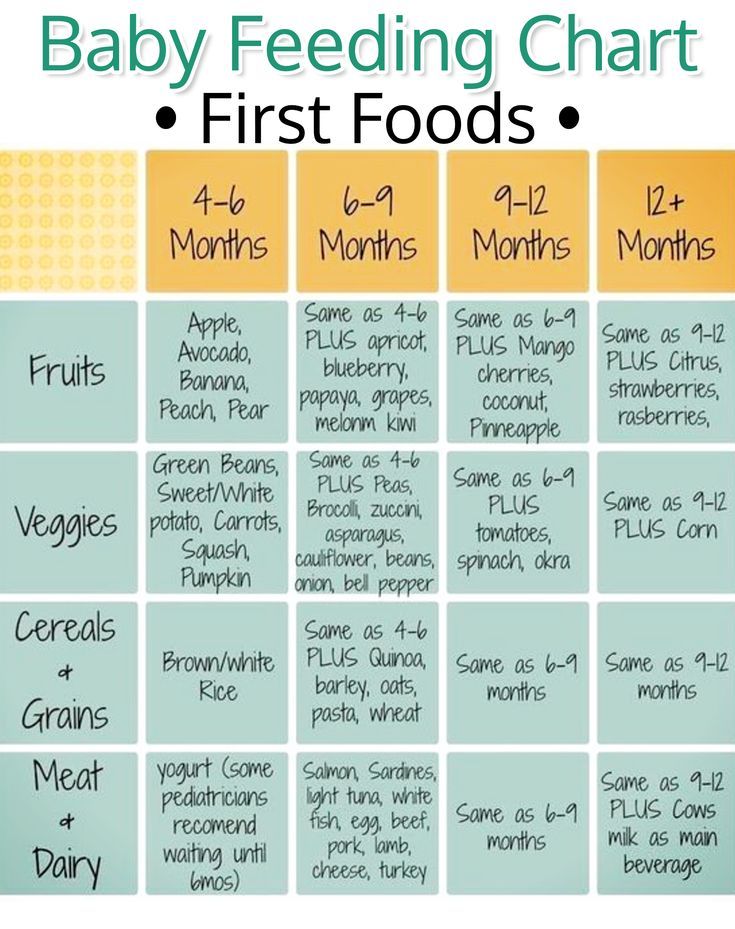 Is it possible that your kid is full yet continues to nurse for comfort?
Is it possible that your kid is full yet continues to nurse for comfort?
If your infant suckles at the breast, milk will come out, which may cause writhing and wriggling because they are no longer interested in the milk and are only sucking for comfort.
If you give your baby a pacifier after feeding, their squirming may stop.
10. When your infant wriggles, stop nursing.
If your baby is squirming and kicking, consider educating them that their actions have consequences. When your baby begins to wriggle, remove them from the breast until they stop.
When your baby has calmed down, replace the latches and resume feeding. After a few repetitions, your baby will learn that if they start wiggling while nursing, you will take away the breast.
Your baby will eventually realize that if they want to continue nursing, they must quit writhing and wriggling during feeds.
Final Thought
Babies frequently fidget and squirm when breastfeeding. The easiest approach to stop your kid from squirming when nursing is to determine what is causing the wriggling and then use one of the remedies given above.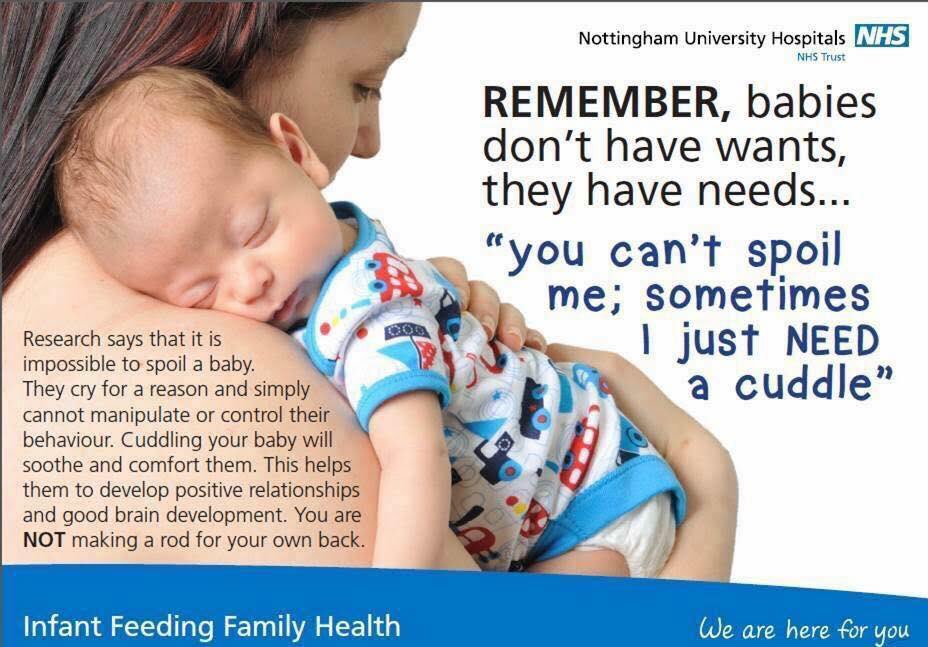
Babies wiggle when eating for a variety of reasons, and in most cases, the problem is simple to resolve.
16 Reasons Behind a Baby Squirming When Breastfeeding
Posts on The Breastfeeding Mama contain affiliate links, which I earn a small commission from. These are provided for your convenience, and the price is not increased at all.
Do you ever feel like your baby is constantly squirming when you’re breastfeeding? It can be really frustrating but don’t worry, you’re not alone. Many mothers experience this phenomenon. In this blog post, we’ll discuss the possible reasons why your baby is squirming and how to deal with it. We hope that this information will help make breastfeeding a more enjoyable experience for both you and your little one.
When breastfeeding, it’s normal for your baby to squirm and move around.
Babies often squirm when they’re breastfeeding because it feels good and they’re getting milk. However, if your baby is squirming a lot, seems to be in pain, or is just being a fussy baby, it may be a sign that something isn’t quite right.
In most cases, baby squirming is nothing to worry about. However, in this article, we’ll discuss possible causes behind squirminess during feeding time and important things you should keep in mind.
Table Of Contents
show
- Reasons Why a Baby Squirms While Breastfeeding
- Slow Letdown
- Fast letdown
- Gas
- Hunger
- Tiredness
- Overstimulation
- Growth Spurt/Developmental Leap
- Diaper
- Distracted
- Uneven Breasts
- Reflux
- Thrush
- Positioning
- Teething
- Illness
- Finished Eating
- Is baby squirming a cause for concern?
- How can I make breastfeeding more comfortable for my baby?
- What should I do if my baby is in pain while breastfeeding?
- More Articles You May Enjoy:
Reasons Why a Baby Squirms While Breastfeeding
There are some common reasons why breastfed babies squirm while breastfeeding. In most cases, baby squirming is just a sign that they’re comfortable and get all the milk they need.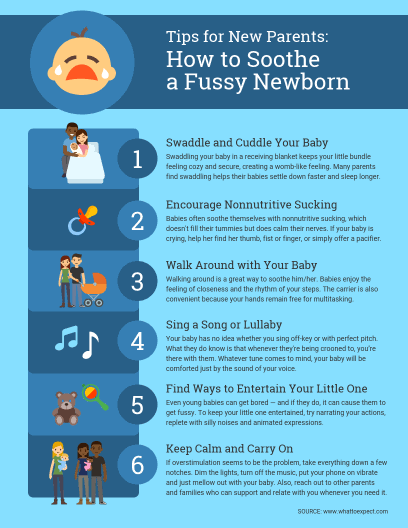 However, there are a few things that might be the culprit your baby is squirming excessively or seems to be in discomfort.
However, there are a few things that might be the culprit your baby is squirming excessively or seems to be in discomfort.
These are the top reasons:
- Gas
- Slow letdown
- Fast letdown
- Hunger
- Tiredness
- Overstimulation
- Growth Spurt/Developmental Leap
- Diaper
- Distracted
- Uneven Breasts
- Reflux
- Thrush
- Positioning
- Teething
- Illness
- Finished Eating
Slow Letdown
If your baby is squirming and seems frustrated, it could be because your milk is taking too long to let down. When the baby begins to nurse, they stimulate the release of oxytocin, which causes the milk to let down. In some cases, this process can take a few minutes. If baby gets impatient, they may start to squirm.
To help with a slower letdown, you can :
- Do breast compressions/massage before and during your nursing session
- Hand express to a letdown for a particularly fussy baby
- Switchback and forth every 1-2 minutes to keep baby engaged and to help elicit the letdown
Fast letdown
If your baby is squirming because of a fast or overactive letdown, it may be because the milk is coming out too quickly for them to handle.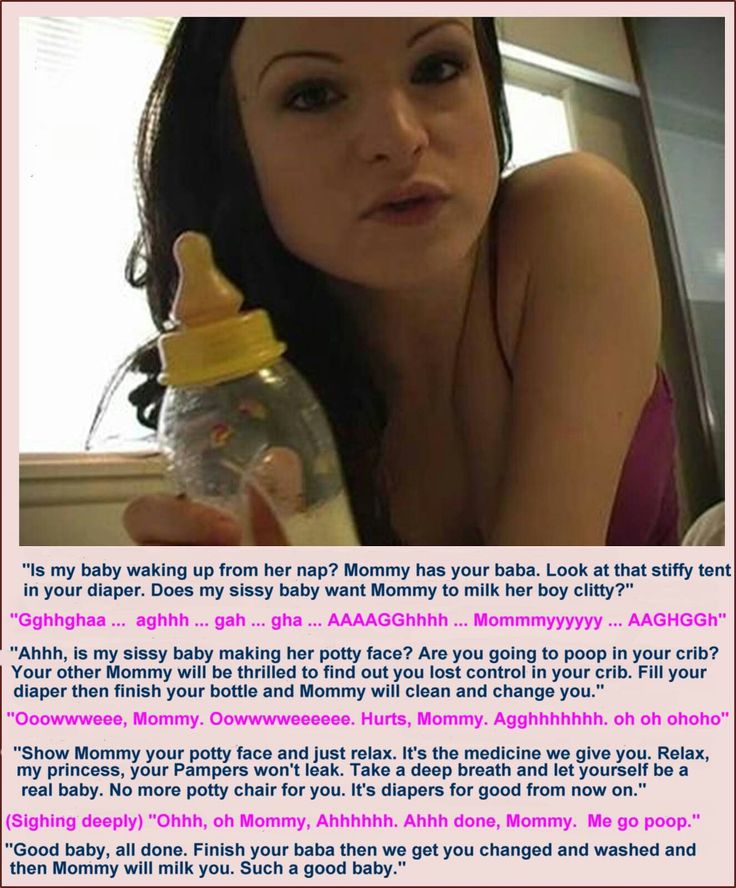 Managing a fast letdown can be tricky – sometimes they happen because of an oversupply of milk, while other times it just happens.
Managing a fast letdown can be tricky – sometimes they happen because of an oversupply of milk, while other times it just happens.
Certain positions can be better for a fast letdown than others. Some women find success with blocking off a milk duct by gently applying pressure in a “karate chop” position to the breast.
Gas
Another common reason baby is squirming might be because they have a lot of gas in their tummy. This can sometimes make the baby feel uncomfortable or bloated, which can lead to excessive squirming.
This is common in the early days of breastfeeding, due to infants having immature digestive systems. It can also happen if they have a poor latch which makes them bring in a lot of air, from a fast letdown where they get a fast flow of milk, or because of food allergies/intolerances.
Here is a great article about the different causes behind a gassy baby. But sometimes, all you need to do is help your baby get a good burp to help with gas issues.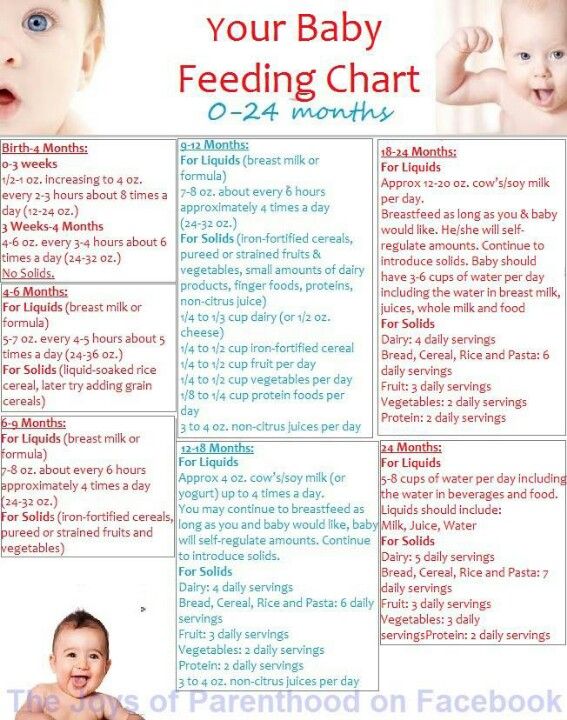
Hunger
Your baby might just simply be hungry – which might make them more impatient for a letdown. If you find that this is happening frequently, you may want to pay closer attention to early hunger signs to ensure you are feeding your baby when they are in the early hunger stages – not the late.
Tiredness
If the baby is squirming and seems to be falling asleep, it could be a sign that they’re tired. When a baby is tired, they may start to fuss and squirm. They may settle and fall asleep as they start to nurse, or they may just not want to eat right then. Try giving them a short nap and try to feed them again later.
Overstimulation
Another common reason for baby squirming is overstimulation. When a baby is breastfeeding, they are also taking in all the sights and sounds around them. This can be overwhelming for them, causing them to squirm and try to escape the situation.
Growth Spurt/Developmental Leap
The baby may be squirming because of growth spurts or a developmental leap.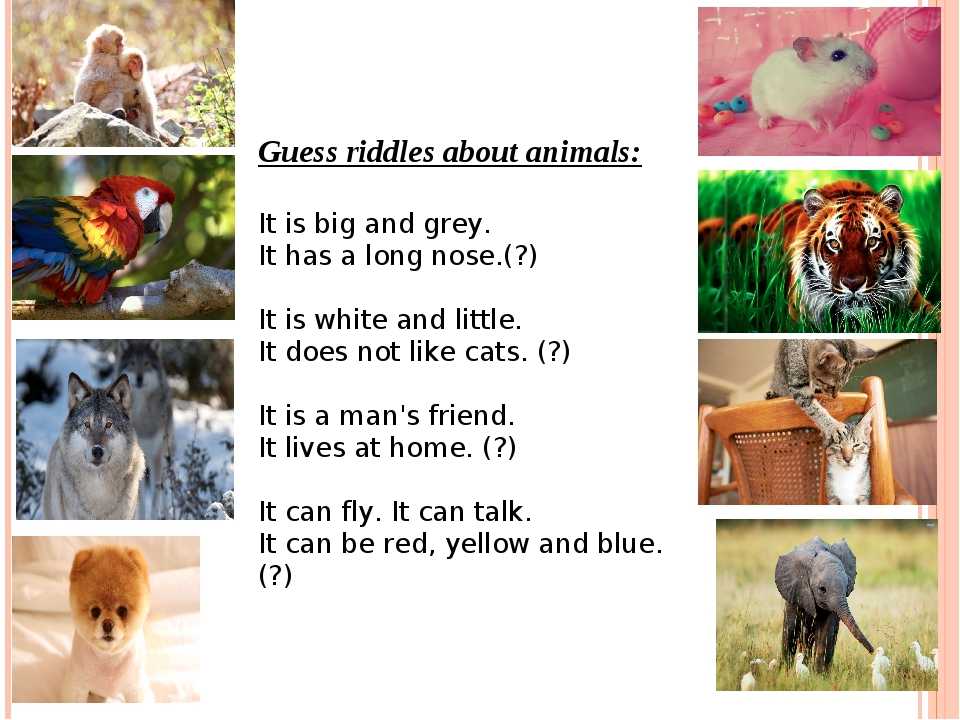 During these times, babies may be extra hungry and need more milk to keep up with their growing bodies.
During these times, babies may be extra hungry and need more milk to keep up with their growing bodies.
During these times, they can be more interested in the world around them and have less patience. In this situation, just try and offer the breast as much as you can and be patient – this stage will pass!
Diaper
A wet or dirty diaper can also cause the baby to squirm. If a baby’s diaper is full, they will squirm and cry until you change it. Some babies are more sensitive to soiled diapers than others, so you may want to make a habit of making sure your baby has a clean diaper before feeding.
Distracted
Your baby may squirm if they’re getting distracted while breastfeeding. This is common if the baby is trying to look around the room or if there’s something else going on that’s grabbing their attention.
Here is some great advice on how to manage distracted nursing – 14 Tips for Surviving Distracted Nursing.
Uneven Breasts
Most women have a “slacker” side, or one side that seems to have a slower flow or produce less milk. If your baby doesn’t like that side as much, they may squirm more to show their dissatisfaction.
If your baby doesn’t like that side as much, they may squirm more to show their dissatisfaction.
More on this topic – Lopsided Breastfeeding? How to Fix a Slacker Breast
Reflux
If a baby has gastroesophageal reflux disease, they may start to squirm and cry at the breast. This is because the acid from their stomach is coming back up, causing them to feel uncomfortable.
Laidback nursing can be helpful as it keeps your baby in a more upright position. Chiropractic adjustments can also be really helpful for helping with reflux.
Thrush
If a baby is squirming because of thrush, it’s important to take them to the doctor for treatment. Thrush can make the baby uncomfortable and fussy while breastfeeding, so it’s essential to get medical help right away.
Positioning
Sometimes your baby just doesn’t like the position they are in, and they are squirming to get more comfortable!
There are different positions you can try and experiment with. While a newborn baby can’t tell you why they are uncomfortable, sometimes a different position is just the trick. I am personally a fan of the cross-cradle hold and side-lying.
While a newborn baby can’t tell you why they are uncomfortable, sometimes a different position is just the trick. I am personally a fan of the cross-cradle hold and side-lying.
Teething
The baby may start to squirm and cry when they’re teething. This is because the pain from teething can be uncomfortable and the baby may want to find a way to relieve it.
Illness
If a baby seems to be fussy all the time, it could be a sign that they are sick. the baby may start to squirm if their illness is causing them discomfort or pain. Ear infections are one of the more common ailments to cause a disruption to breastfeeding.
Finished Eating
If the baby seems to be done nursing, it may be a sign that they are full and no longer need any more milk. In this case, you should try burping the baby and then putting them down for a nap or cuddle session. Ultimately, the best thing you can do is pay attention to the baby’s cues and respond accordingly to their needs.
Is baby squirming a cause for concern?
The good news is, this type of behavior while breastfeeding is not usually a cause for concern. However, if you have any concerns, make sure you reach out to a lactation professional or your child’s care provider.
Here are a few signs that maybe this squirming is more than just normal infant behavior:
- baby’s fussiness occurs all day long
- poor weight gain
- drop in diaper output
- frequently falling asleep at the breast before taking in a full feed
When you are trying to determine the cause of the squirming, here are a few questions to consider:
- Is it happening at the start, middle, or end of the feed
- Does it last the whole feed or just for a short time?
- Will they still nurse?
- Is it combined with other fussy behavior?
- Are you experiencing cracked or damaged nipples?
How can I make breastfeeding more comfortable for my baby?
There are a few things you can do to make breastfeeding more comfortable for your baby.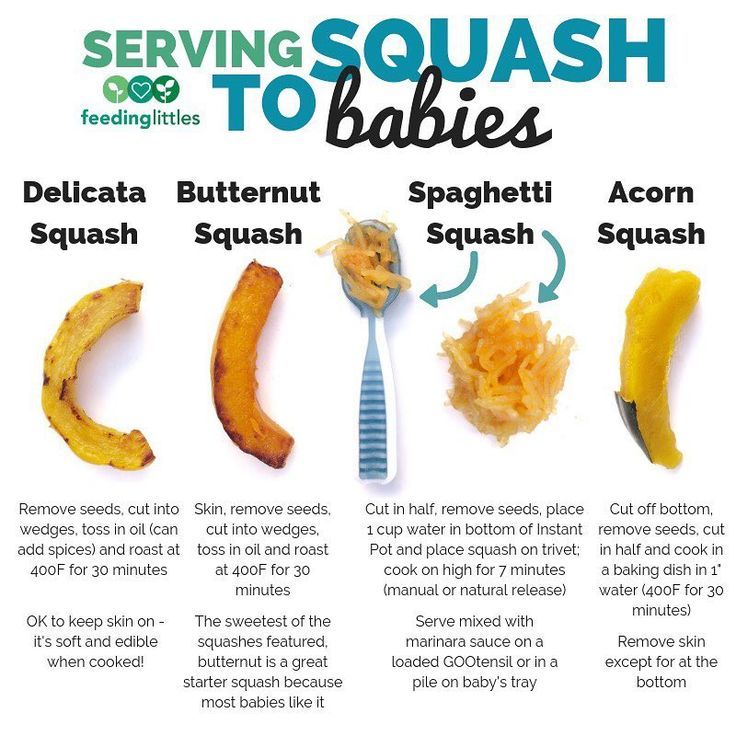 Here are some things to try:
Here are some things to try:
- Try a new position
- Remove distractions
- Do skin-to-skin contact
- Nurse in a bath
- Burp baby
- Stop and try again later
- Ensure a good latch
- Determine underlying causes
What should I do if my baby is in pain while breastfeeding?
If baby squirming is accompanied by signs of pain or discomfort, such as increased agitation, pulling away from the breast, and grimacing, you should consider reaching out to a medical professional In some cases, baby squirming may be a symptom of an underlying condition that requires treatment.
To get help for your baby, speak to your doctor or a lactation consultant. They can help you identify the root cause of the baby’s discomfort and work with you to come up with an appropriate treatment plan.
If your baby is squirming a lot, it could be for any number of reasons. Hopefully, the tips in this post have given you some ideas on how to troubleshoot and alleviate the problem – most of the time, this is just a normal stage that will get better after a short time.
Always remember to consult with your pediatrician if you’re concerned about your baby’s health or well-being. And please share with us what solutions worked best for you in the comments below!
More Articles You May Enjoy:
Katie Clark, CLE, CBS
Katie Clark is a Certified Lactation Educator, Certified Breastfeeding Specialist, and IBCLC student. She has helped thousands of mothers and families around the globe navigate breastfeeding challenges and questions since 2015. She has a passion for creating research-based, helpful breastfeeding education and helping parents find a way to make breastfeeding work for them. Katie is a mom of three little boys and lives in the great state of Colorado. She also has a degree in Communications with an emphasis in print journalism.
Why does the baby cry during breastfeeding
Yakovleva Ekaterina Andreevna
pediatrician, breastfeeding consultant
Why does baby cry while breastfeeding? The answer may lie on the surface and depend on the situation.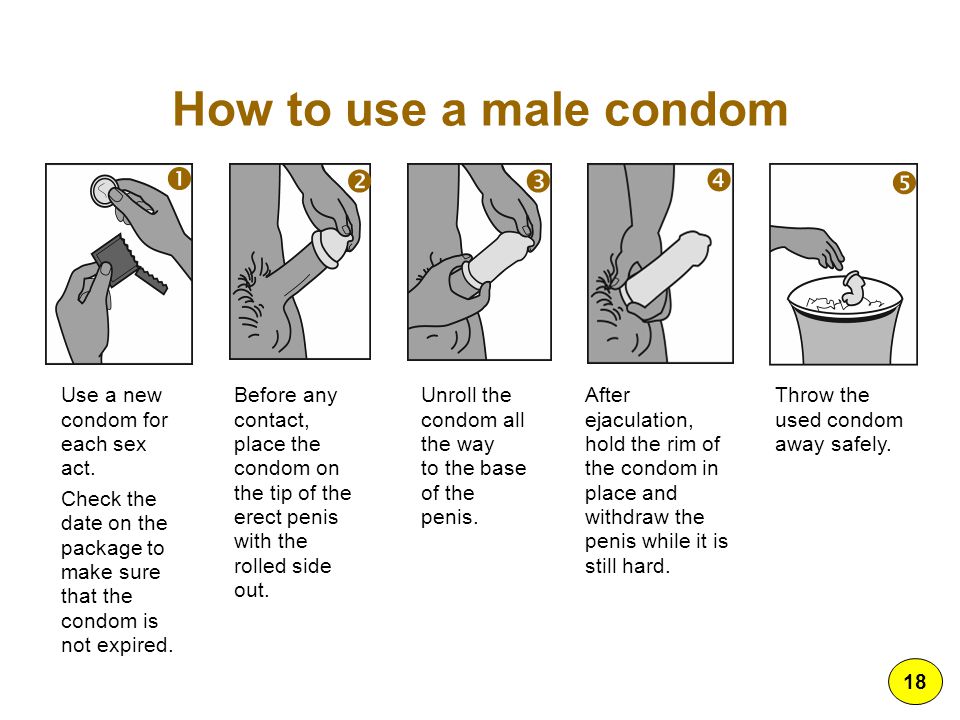 Some mothers themselves begin to put forward theories that are often incorrect - “I don’t have milk”, “I ate something wrong”, “The milk became tasteless and bitter”, “I shouldn’t have bought silicone pads” ... Consider the most frequent causes of crying at the breast and options for helping the baby together with Ekaterina Andreevna Yakovleva, pediatrician, breastfeeding consultant and mother of two babies. She knows about the tears of babies not only from professional, but also from maternal experience.
Some mothers themselves begin to put forward theories that are often incorrect - “I don’t have milk”, “I ate something wrong”, “The milk became tasteless and bitter”, “I shouldn’t have bought silicone pads” ... Consider the most frequent causes of crying at the breast and options for helping the baby together with Ekaterina Andreevna Yakovleva, pediatrician, breastfeeding consultant and mother of two babies. She knows about the tears of babies not only from professional, but also from maternal experience.
WHY A CHILD CRYS DURING FOOD
— Ekaterina Andreevna, is crying during feeding dangerous?
— Crying during feeding is a normal way for a baby to communicate with the outside world. So he calls his mother, shows that he wants to eat or something bothers him. The only thing that crying can affect is that the baby will come off the chest and take in air. This will lead to more abundant regurgitation, increased pain in the tummy.
Table. Newborn cries during feeding - 9 reasons0018
— Can a change in priorities of a child affect his behavior at the breast?
- Up to three months, babies have one priority - they need to either eat and sleep or change a wet diaper. After the children become more active, they are already interested in the world around them. Therefore, when feeding in public places, and also when the mother combines the process with talking on the phone or watching TV, the child can be distracted: suck - turn away - suck, ask for different breasts in turn, indulge.
After the children become more active, they are already interested in the world around them. Therefore, when feeding in public places, and also when the mother combines the process with talking on the phone or watching TV, the child can be distracted: suck - turn away - suck, ask for different breasts in turn, indulge.
After three or four months, the baby should not be on the breast very often, but mothers find it difficult to readjust and continue to breastfeed constantly to soothe him. But in fact, the child’s needs are already different - he wants to be vilified on the handles, paid attention to him, played with him, showed him toys.
- Let's discuss misattachment in more detail. What can a mother do wrong if the child does not eat well and cries?
- A very common symptom of improper attachment or refusal of the breast is trouble-free feeding only in sleep. When the child sleeps, he eats calmly, and when he is awake, he begins to twist at the chest, cry. Mom can get tired of this, and in order to calm and feed the baby, during the day she gives him a bottle. In such a situation, it makes sense to talk about breastfeeding and work to restore normal feeding.
Mom can get tired of this, and in order to calm and feed the baby, during the day she gives him a bottle. In such a situation, it makes sense to talk about breastfeeding and work to restore normal feeding.
Problems may arise from awkward or repetitive posture during feeding. By trial and error, the mother should choose the position that will be most convenient for her and the child. However, if a baby is fed only lying down from birth, at an older age he may refuse to eat in his arms, break out and cry.
A CHILD CRYING WHEN FEEDING - HOW TO HELP
- Ekaterina Andreevna, everything is very individual for small children. How to understand why a child eats and cries?
— If the baby cries during feeding, the mother should examine the possible reasons for this behavior step by step and:
- Eliminate the reasons related to the child's well-being, which she can deal with herself.

- Work on breastfeeding techniques.
- Seek medical attention if all else fails - child continues to cry and has additional questionable symptoms.
A triad of symptoms that are always alarming
You should also consult a doctor if, during feeding, the child wriggles and cries from constant acute pain, cannot calm down, vomiting, blood and mucus in the stool, rashes in the mouth, stuffy nose are observed. Fever is an acute condition that is not associated with constant (for example, for a month) baby crying during feeding.
— What should I do if my baby refuses to breastfeed?
— The main thing for a mother is to remain calm and adequate. For a breastfed baby, one break can last an hour, and another five to six hours if the baby has slept long and well. Taking long breaks during the day, the child will still finish his daily allowance in order to develop normally. For example, if he has not eaten for six hours during the daytime, he will breastfeed more often at night. Therefore, in feeding children in the first half of life during the day, it is better not to take breaks for more than 3-3.5 hours. With the introduction of complementary foods, the intervals may be slightly longer.
Therefore, in feeding children in the first half of life during the day, it is better not to take breaks for more than 3-3.5 hours. With the introduction of complementary foods, the intervals may be slightly longer.
Night breaks are individual and depend only on the child - some children are born with a 6-8 hour interval, and some sleep at night for eight to twelve hours or eat every hour.
Read also
- About the reasons why a child refuses breast milk and whether it is necessary to switch to mixed or artificial feeding in such cases.
— Is it necessary to stop feeding if the baby is naughty?
- Depends on age. Mom should feel what exactly the child needs at this moment. If a newborn cries and refuses to breastfeed, you can calm him down, vilify him with a column, shake him, and then attach him to the breast again. If, having calmed down, the child turns away from the chest, then he has eaten.
An older child is distracted from the breast, becoming interested in something else. Do not force feed him. We must try to remove all irritants - feed in isolation in a separate room, not be distracted by gadgets, sounds, or give the child the opportunity to satisfy his interests, and then offer the breast again.
Do not force feed him. We must try to remove all irritants - feed in isolation in a separate room, not be distracted by gadgets, sounds, or give the child the opportunity to satisfy his interests, and then offer the breast again.
— What else can help calm the baby?
- Since most causes of crying are not related to medical problems, medication is not needed. It is necessary to relax, set up the baby, pump him, try to competently organize breastfeeding - apply correctly, do not give a dummy, nipple, supplement from a cup or syringe without a needle. As a rule, this is how most feeding problems go away.
— In what situations can a breast be replaced with a bottle?
— It is not worth replacing breastfeeding with formula feeding without acute vital signs. When a baby is not accepting the breast well, it is worth removing all bottles, continuing to supplement with “non-sucking” items, and contacting a breastfeeding specialist to try to establish attachment and breastfeeding.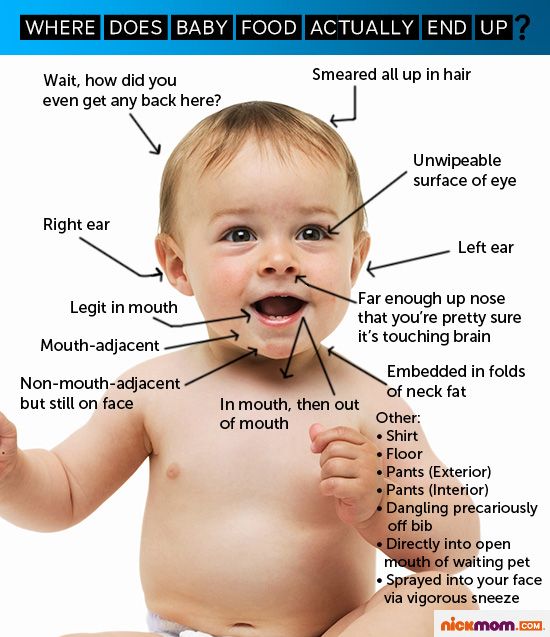 This is done by a lot of people.
This is done by a lot of people.
- Does changing the feeding regimen help to get rid of crying?
- Rather, these are unrelated things. It is not worth forcibly adjusting the feeding regimen, you need to listen to the child - in the first three months, the children constantly hang on their chest, after they begin to form a regimen and the intervals between meals increase. It is important to feel the needs of the child, because not only hunger, but also other things can disturb him, and if he constantly poke his chest, he will not be very pleased.
Table. Mistakes during breastfeeding
The baby cries during breastfeeding for many reasons. It can be improper attachment to the breast, "tangled nipples", inflammatory diseases of the oral cavity, runny nose, colic, teething, lactase deficiency, or a very nervous state of the mother. It is possible to understand what the problem is only by eliminating the organic and psychological causes of crying. With prolonged ongoing anxiety, the child should be shown to a specialist.
With prolonged ongoing anxiety, the child should be shown to a specialist.
* Breast milk is the best food for babies. WHO recommends exclusive breastfeeding for the first 6 months of a child's life and continued breastfeeding after complementary foods are introduced until the age of 2 years. Before introducing new products into the baby's diet, you should consult with a specialist. The material is for informational purposes and cannot replace the advice of a healthcare professional. For feeding children from birth. The product is certified.
#advice for mom #breastfeeding
See also
Infant feeding patterns - what to choose
#Tips for Mom #breastfeeding
Kizino Polina Alexandrovna
pediatrician, perinatal psychologist
Why does the baby not sleep after feeding?
#Tips for Mom #breast-feeding #colic #gaziki 7-12
Nikulina Anastasia Anatolyevna
pediatrician
The baby is not full of breast milk: how to determine it and what to do
#Food #breast-feeding #supplementing formula while breastfeeding
Shcherbakova Alla Anatolyevna
Candidate of Medical Sciences, pediatrician, gastroenterologist
See all
View all
Why does the baby not sleep after feeding?
# Tips for mom # grudnoe-vskarmlivanie # breast-feeding # colic #koliki # gaziki 7-12
Nikulina Anastasia Anatolyevna
pediatrician
The baby is not full of breast milk: how to determine it and what to do
# Lure # breast-feeding # grudnoe-vskarmlivanie # formula supplementation while breastfeeding
Shcherbakova Alla Anatolyevna
Candidate of Medical Sciences, pediatrician, gastroenterologist
Infant feeding patterns - what to choose
# Tips for mom # breast-feeding #grudnoe-vskarmlivanie
Kizino Polina Alexandrovna
pediatrician, perinatal psychologist
See all
View all
View all
View all
The child chokes when feeding: what to do?
Nikulina Anastasia Anatolyevna
pediatrician
A newborn chokes when feeding for various reasons. Some of them the mother can eliminate, while others depend on the health of the baby. The pediatrician Anastasia Anatolyevna Nikulina will explain the causes and solutions to this problem.
Some of them the mother can eliminate, while others depend on the health of the baby. The pediatrician Anastasia Anatolyevna Nikulina will explain the causes and solutions to this problem.
— Anastasia Anatolyevna, at what age do children most often choke while feeding?
- In the first weeks of life, when the swallowing reflex is still very weak, it is difficult to dose milk supply from the breast. From the bottle, the flow of formula is controlled by the opening in the nipple and the tilt. If the hole in the nipple is not age appropriate, it is tight, then the newborn swallows air. Excess air with the mixture will enter the intestines, causing discomfort to the baby.
Why does the baby choke when breastfeeding or bottle feeding
- Baby position or bottle angle not optimal. in the optimal position. In the right position, the hand of the woman who holds the child lies on the support. Hold the baby by the back and shoulders, directing the head to the chest.
 You can’t press hard on the head - the baby will recline it back reflexively.
You can’t press hard on the head - the baby will recline it back reflexively. - Anatomical features of the mother's breast, in which a woman produces enough breast milk, but it is difficult for a child to suck it out, to eat. Before feeding, the mother needs to express some of the milk or massage the breast: it will become soft, and it will be easier for the baby to suck.
- Large nipples are difficult for a child to grab - to solve the problem, there are special nipple covers through which newborns are fed. You can feed your baby with expressed milk through a bottle and a nipple that is correctly selected for age.
- Hyperlactation. Pressurized breast milk squirts into the baby's mouth. Before feeding, some of the foremilk is expressed, and the following, more fatty, does not form a strong flow. Breaks in the sucking process also help.
- Frequent breastfeeding. The absence of long breaks between attachments to the breast prevents children from hunger and, with it, the rush to feed.
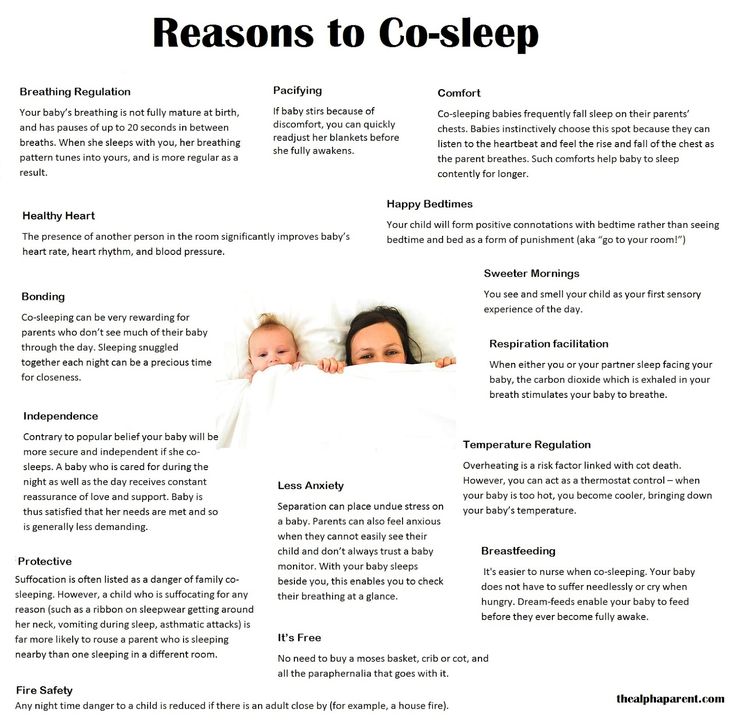
- Incorrect bottle delivery method. The neck of the bottle must be completely filled with milk: this way there will be no air in the milk. The nipple is selected taking into account the age of the baby.
- Disease. Nasal obstruction or cough interferes with feeding. Relief of the symptoms of the disease will improve nutrition. For some children, problems can be caused by improper swallowing or reflux.
- To understand why the baby is having difficulty swallowing, you need to gradually eliminate each of the possible causes. Even the environment matters. During feeding hours, it is desirable for a woman to be alone with the child, nothing should distract him from the process. If the mother finds it difficult to identify the cause, a pediatrician will help her.
— What should I do if my child chokes on milk or formula?
- Spontaneously occurring cough is the main symptom that appears when the act of sucking and swallowing is disturbed.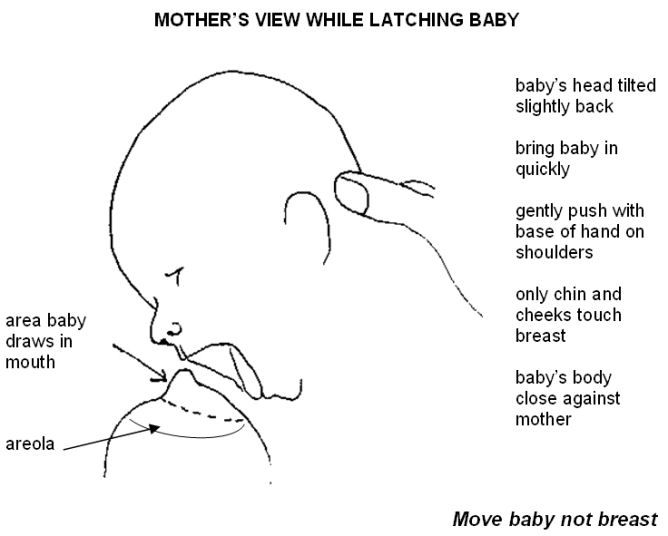 The baby is crying and refuses to eat.
The baby is crying and refuses to eat.
First aid for choking children
If you can’t cough up excess milk on your own or the baby chokes on saliva and starts to choke, you need to do the following, dosing the force of your actions: above the navel (on the area of \u200b\u200bthe baby’s stomach), supporting the chin.
— Can you continue feeding after the baby clears his throat, or should I take a break?
- Feeding can be continued after the baby clears his throat. It is advisable to vilify it with a column for two to three minutes, so that excess air comes out, and then resume feeding.
- Does increasing the interval between feedings help with the problem?
- On the contrary, the prevention of flooding will be frequent feeding. With numerous attachments, less milk accumulates in the woman’s breast, it becomes easier for the mother to feed.

